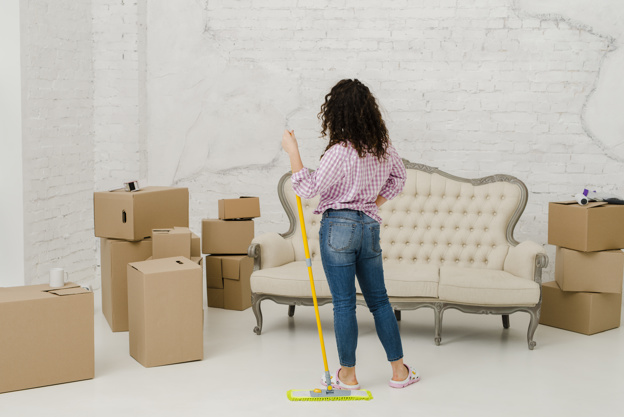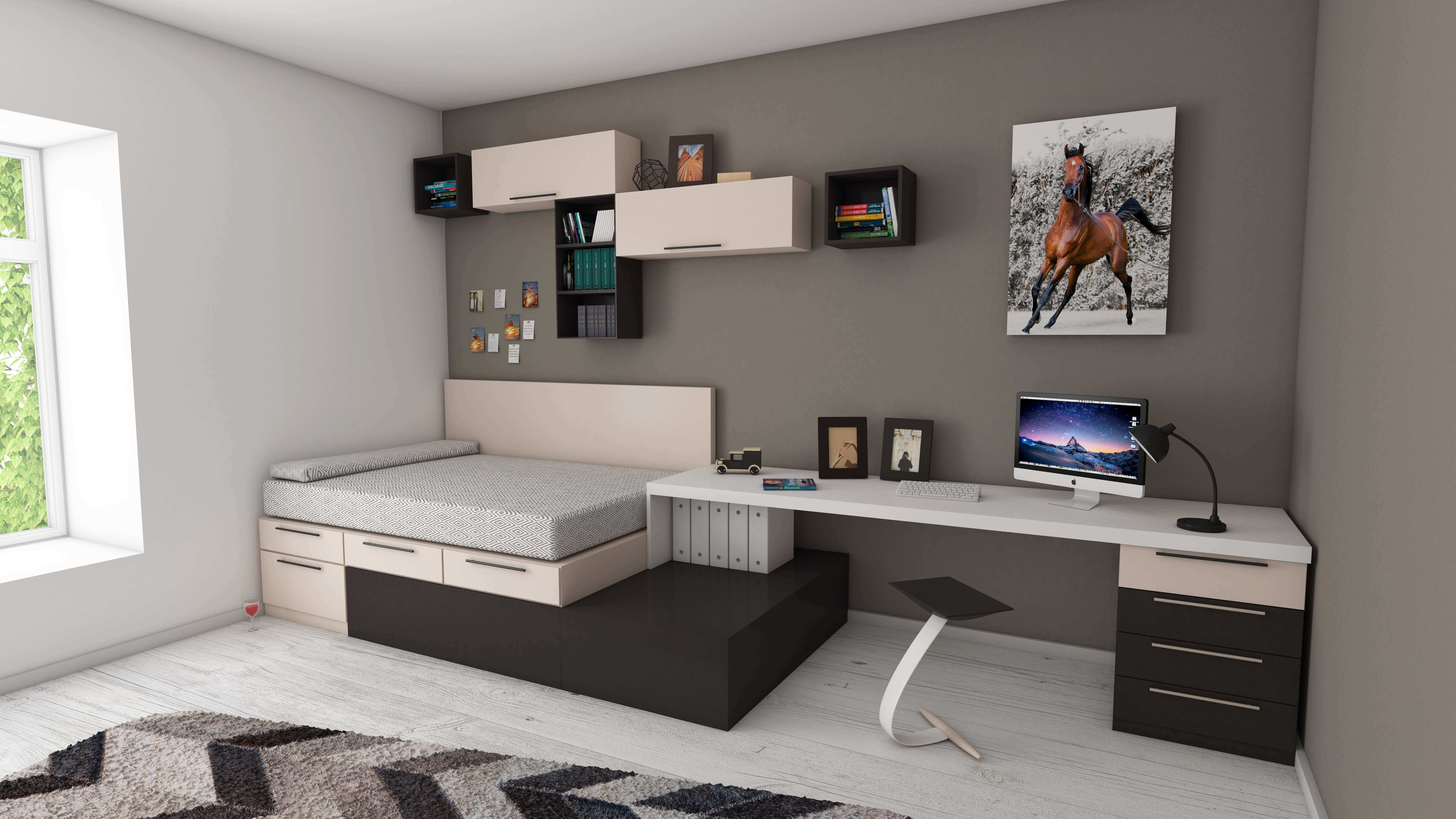For many people around the world, an amazing air conditioner is something that we rely on during the hot summer months. However, as with any machine, sometimes it can be challenging to know when it needs repair or service. Here are some signs that your air conditioning system may be dying.
Signs Your Air Conditioner is Getting in Way of Worst:
1. The Fan Is Not Working:
The first way to tell if your air conditioning system is dying is if the fan isn’t working. Maybe the fan doesn’t operate as well as it used to, or perhaps it stopped altogether. If your air conditioner has a compressor and a condenser, there must also be a fan to help the system work.
That’s why your home’s HVAC system needs to have this part, but it should also be in good working order.
2. Higher Energy Bills
One of the first signs that your air conditioning is dying is a higher energy bill. This could be due to the compressor or condenser going out. When the compressor wears out, the efficiency of the unit decreases. It might also be the case that the condenser is starting to get dusty or has a leaking seal.
You could also have broken hoses or various other issues with the system. The good news is that you can easily fix these minor problems by contacting HVAC contractors.
3. Noisy Operation
Your air conditioner shouldn’t be making any loud or unusual noises. If your air conditioning unit is starting to make unusual sounds, it could be a sign of a potential problem. The bad news is that if the compressor or condenser is worn out, you will probably have to replace those parts, which can be costly.
However, it’s still better to take care of these issues than let them worsen. Another tip is to let the air conditioner run for a while and then listen to see if the noise stops. If the noise stops, it might just be something minor, but you will probably have to contact an HVAC technician if it continues.
4. Heat Pump Issues
If your air conditioning system is particularly old, you might have a heat pump, which is more energy-efficient. However, they can also be prone to causing extra problems over time. For example, if the system isn’t cooling your home as effectively as it used to before installing the heat pump.
It could be that your thermostat is inaccurate or that it’s not keeping up with the overall temperatures in your home. You may want to contact a contractor so they can help you troubleshoot and repair any issues that might be occurring.
5. Circuit Breaker Trouble
One of the most prominent signs that your air conditioning unit is dying is a tripped circuit breaker. If your air conditioner trips the circuit breaker, it could give you a false alarm or even cause an electrical fire. The circuit breaker highlights that there might be a problem with the system before it causes serious harm. If you notice that the circuit breaker is tripping several times, you should contact an HVAC technician to inspect your system.
6. It’s Not Dehumidifying Your Home
If the air conditioner is not dehumidifying your home properly, there is an issue. This can be especially bad if it happens during the humid summer months.
The problem with a system that isn’t dehumidifying your home effectively is that you could have mold or mildew issues, which can cause health problems. You might also start to notice that your skin or clothes are getting damp; this comes from excess moisture in the air and poor dehumidification.
7. It Runs Non-Stop
Another sign that your air conditioning system is dying is if it runs non-stop. If you notice that the unit is constantly running, you should check to ensure that your thermostat isn’t set too high. However, if the temperature is comfortable and still running, there could be a problem with the unit. If this happens when it’s warm outside, your AC might have stopped cooling your home or could be struggling to cool it properly.
8. Constant Repairs
One of the problems with an air conditioner is that it will continually run into trouble. Over time, this will eventually start to break down at an accelerated rate. If you notice that your air conditioner constantly has to have repairs done, it might be time to replace the unit.
9. Old AC Unit
Your air conditioner’s lifespan depends on the type of unit you have, but in general, it does have a life expectancy of about 15 to 20 years. If you have an older system, it could be dying and starting to break down. If your air conditioner is older than 15 years, then it’s probably time for removal or replacement. This can help you prevent excess problems with the system that might eventually cause an even bigger repair bill later on.
In conclusion, your AC is still a necessity. If your AC is dying, it is important to act immediately before your air conditioner leaves you with a hefty repair bill. Always schedule an HVAC checkup once a year from your local ac service and repair company to ensure your system’s longevity, and follow these tips to determine if your system is dying.
Read Also:

























